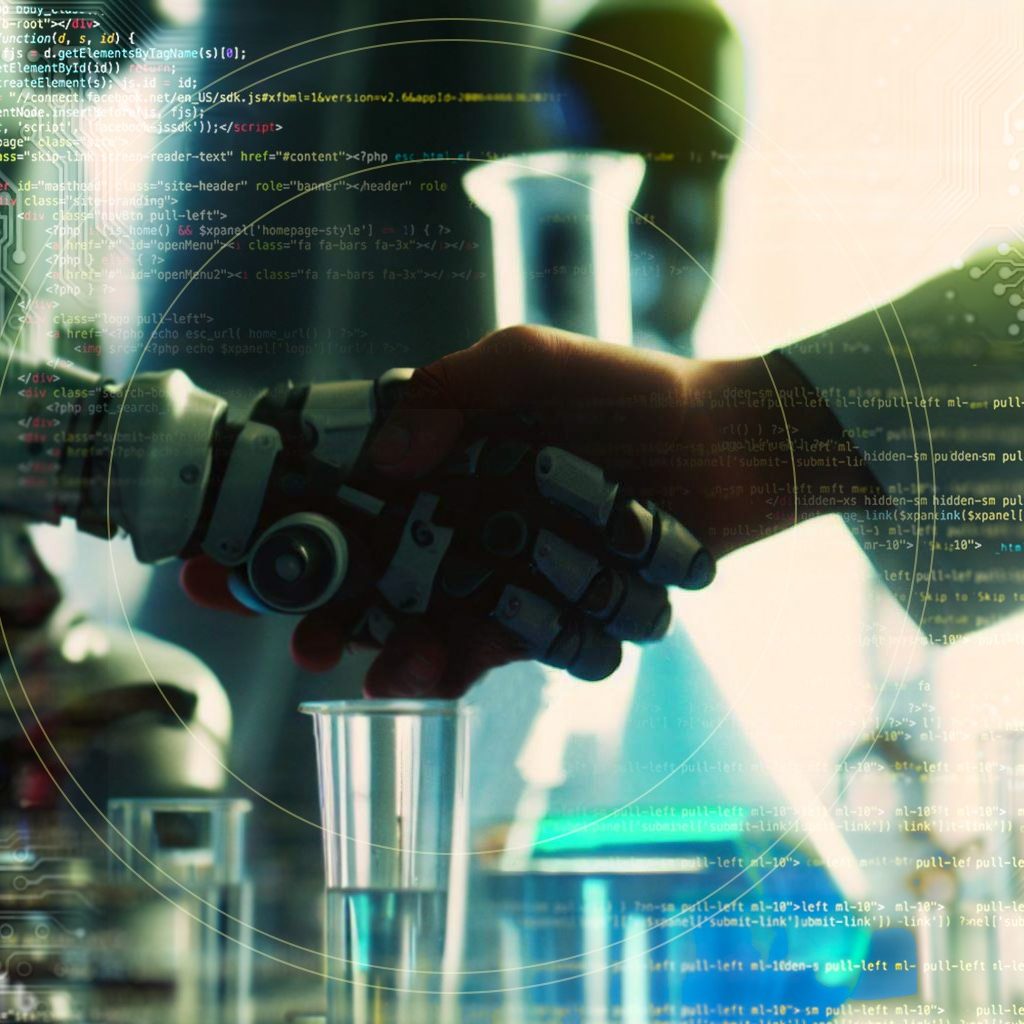The UK and the US have started working together to lead safety trials for sophisticated artificial intelligence (AI), which is a novel move. This project, which goes by the moniker “AI safety tests,” represents a major step forward in the global dialogue about the appropriate development and use of AI technologies. In keeping with a shared commitment to address growing concerns about AI safety, the alliance aims to bring scientific approaches from the two countries into line and speed the development of rigorous evaluation methodologies for AI systems, models, and agents.
US-UK alliance on AI safety
A deliberate attempt to standardize scientific approaches related to AI safety is the driving force for the joint U.S.-United Kingdom activities. This alliance emphasizes how important international collaboration is to successfully negotiate the complex landscape of AI safety and ethics. In response to growing concerns over the possible risks posed by AI, the alliance was established. The partnership seeks to fortify the foundations upon which AI safety laws are based by fostering scientific convergence, so establishing the basis for an AI environment that is more morally and safely led.
Underpinning the objectives of the US-UK partnership is the establishment of moral standards and protocols in the sphere of AI development and application. The collaboration is very focused on giving AI systems the values of safety, reliability, and moral behavior since it understands the profound effects that AI technologies will have on society well-being. In order to foster a culture of accountability and responsibility within the AI ecosystem and direct innovation in the direction of social well-being and human values, the alliance works together on cooperative projects including testing exercises and personnel exchanges.
Addressing bias, discrimination, and safeguarding against malicious uses
Concerns about bias and discrimination being sustained in algorithmic decision-making processes have been raised by the spread of AI technologies. Notably, it has been demonstrated that AI systems trained on biased datasets display discriminating tendencies, thereby aggravating socioeconomic disparities already in place. It’s becoming more and more important to reduce bias and discrimination as AI becomes more and more integrated into vital fields like law enforcement and employment. The collaborative work of the US-UK cooperation to develop robust evaluation tools is one of the most significant advances toward mitigating bias-related harms and boosting inclusion in AI-driven ecosystems.
Alongside worries about prejudice and discrimination, there are still fears about AI being used for evil. Concerns concerning how easily hostile actors, like cyberattacks or disinformation campaigns, could use the technology have been raised with the introduction of advanced AI capabilities. Because AI is growing more complicated and autonomous, stronger protections against harmful exploitation are becoming more and more crucial. The US-UK collaboration strives to strengthen societal resilience against emerging threats posed by malicious use of AI technologies by collaborating to build comprehensive safety measures and regulatory frameworks.
The world will soon see a subtle shift in the direction of AI development when the US and the UK begin their collaborative work to build novel AI safety testing. Even again, amid all of the enthusiasm around this historic cooperation, there remain serious doubts over the efficacy of recommended safety precautions and the long-term implications of collaborative initiatives on the field of artificial intelligence. How can the US-UK partnership effectively navigate the complex relationship between moral commitments, technical innovation, and societal benefit in order to bring about a future where artificial intelligence is associated with responsibility and safety?





